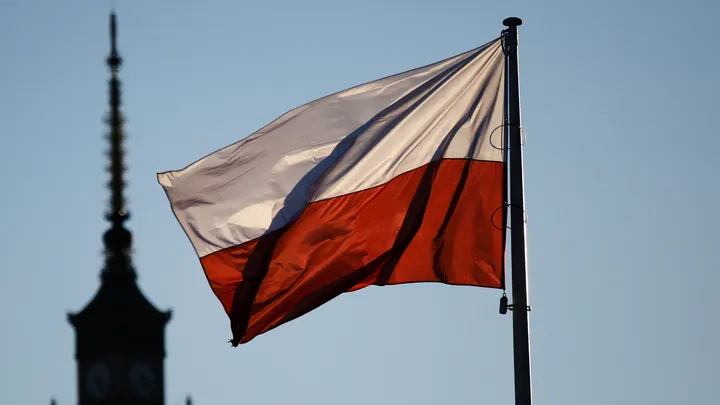In a significant move that could reshape Poland’s political and financial landscape, lawmakers from the country’s ruling pro-European Union coalition initiated a process on Tuesday to potentially bring Adam Glapiński, the head of the National Bank of Poland, before a special court. Accused of betraying the country’s financial interests, Glapiński’s actions are under scrutiny, with allegations suggesting he might have leveraged the bank for political purposes under the previous right-wing government. This rare legal move underscores the depth of political divisions and the ongoing struggle over the direction of Poland’s future.
The coalition, led by Prime Minister Donald Tusk since December, argues that Glapiński’s conduct has undermined the nation’s economic stability. Tomasz Trela, one of the motion’s authors, branded Glapiński as the “worst head of the National Bank of Poland since 1989,” accusing him of transforming the institution into a political weapon. The charges against Glapiński include unauthorized financing of the state deficit, compromising the national currency, favoritism towards the Law and Justice party, and accusations of self-enrichment through substantial bonuses.
Contrasting views emerged from within the political spectrum, with Pawel Szalamacha, a bank board member, condemning the motion as an attack on the central bank’s independence and a threat to Poland’s foundational stability. Meanwhile, Przemyslaw Wipler, a lawmaker from the non-coalition far-right Confederation party, expressed reluctance to support the tribunal process, highlighting the complex nature of central banking decisions and errors.
The unfolding drama, set against the backdrop of Poland’s efforts to reconcile with its undemocratic past and chart a democratic future, raises critical questions about governance, accountability, and the balance of power. The special parliamentary committee’s investigation into the allegations could lead to a tribunal trial, a process observers note might extend up to a year, reflecting the intricate legal and political challenges involved.
The controversy surrounding Adam Glapiński exemplifies the tumultuous nature of Poland’s transition and the fierce debates over its democratic integrity and economic stewardship. As the country stands at a crossroads, the outcome of this potential trial could have far-reaching implications for its political landscape and the principles of independence and accountability within its key institutions.







